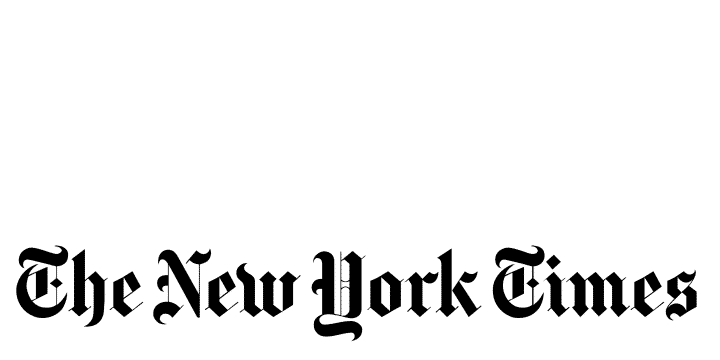The forces Trump represents and the fragility of the country’s electoral machinery are problems decades in the making.
As we approach 3 November, it seems that the whole world is holding its breath. No other political event attracts as much attention as an American presidential election. Even in the midst of an epidemic, the American political process retains its carnivalesque appeal. There is skulduggery and outrageous rhetoric. Donald Trump performs politics as reality TV. For those that way inclined, the flood of polling and electoral expertise are an irresistible draw.
But we don’t just follow for the show. We follow because our era is marked by the US’s status as the pre-eminent superpower. Historically speaking, this is a relatively recent state of affairs. For more than a century after independence, in 1776, the US was so marginal that the major powers did not even have full diplomatic representation in Washington DC. It was only in 1893 that the UK led the way in upgrading its legation to full-embassy status. In the July crisis of 1914 – the great diplomatic drama that triggered the first world war – tiny Serbia figured more prominently than the United States.
Read the full article at The Guardian


